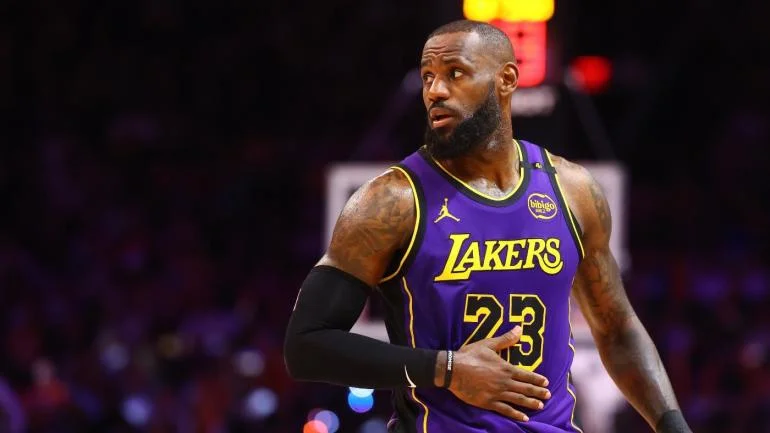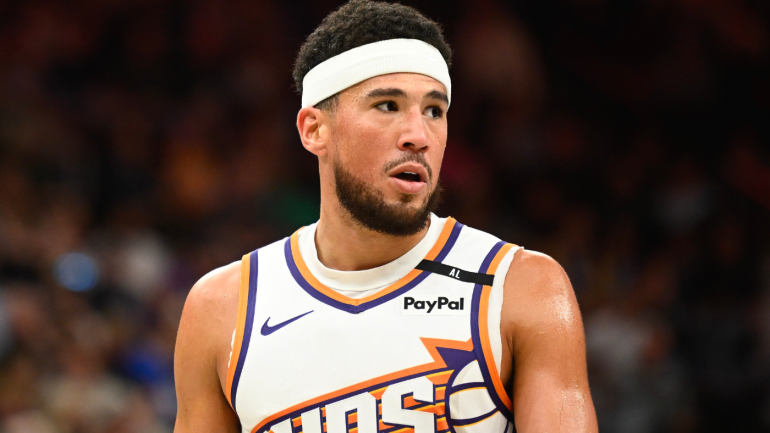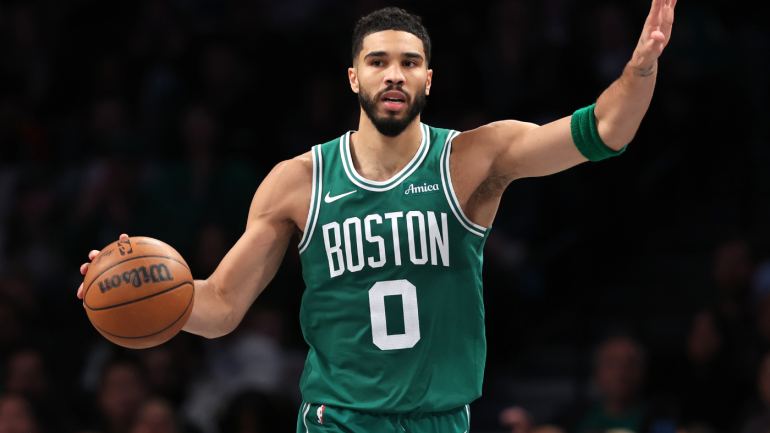In this series, we take a deeper dive at some of the upcoming free agents, and give my personal opinions about the best situations for them. We’re going to start off with a free agent that’s talked about quite a lot already (maybe too much so). However, it’d be hard to talk about free agents and ignore the elephants in the room like this, so indulge me as we discuss:
GORDON HAYWARD
The player you’re getting
After coming out of Butler as a sophomore and being selected #9, Gordon Hayward has steadily improved every year in the league. There was a brief stretch when people questioned: “is Hayward overrated?” when he was struggling in 2013-14 (shooting 41.3% from the field, 30.4% from three), but he’s erased those doubts with three strong years in a row. This past 2016-17 was his best yet, with averages of 21.9 points, 5.4 rebounds, and 3.5 assists. His percentages were quite strong, hitting 47.1% from the field, 39.8% from three, and 84.4% from the line (on 5.9 attempts per game.)
There was some debate about whether he’d make an All-NBA team, but he did fall behind Jimmy Butler (3rd team) and Paul George (honorable mention) in voting, indicating he’s still a notch away from that territory. You could say that Gordon Hayward is the definition of a “very good” player, but perhaps not “great” yet.
But the most encouraging aspect of Hayward’s game is that work ethic and constant improvement. He’s continued to add muscle to his frame and play underrated defense across the board. He’s ideally suited for the SF position, but he can play SG and PF as well. Now 27, he may start playing more PF in his next contract as he continues to bulk up.
The contract he’s getting
Hayward technically has a one-year player option for $16 million, but that’s going to be used as toilet paper soon enough.
Still only 27 and on the upswing, teams won’t have any concern about offering Hayward a long-term contract (5 years from the Jazz, 4 years from everyone else) that exceeds that. He’s probably in the top 15/20 of the NBA, which translates into a “max” player in today’s marketplace. Any team that tries to lowball him at anything less than that isn’t a serious suitor.
The best fits
(3) Indiana Pacers
Wait, what? Why would Hayward go to a mediocre 42-40 team whose best player has one foot out the door? It’s because Paul George hasn’t left yet.
The Pacers have one more year to convince Paul George to stay, and reeling in a big fish like Gordon Hayward may go a long way to do that. In fact, this may be their best opportunity to draw in a free agent. Right now, they have the cap space to offer Hayward a max.
Hayward’s interest in Indiana would have to be based out of loyalty to his home state. He grew up there, went to college there, and could presumably settle back home as the local hero for the next 10 years.
With Hayward in tow, the Pacers wouldn’t be a serious title contender, but they’d lock themselves into the playoff mix. Hayward and George would be a great pair of wings, with the idea that Myles Turner may ultimately develop into a third star. It’s a sustainable model for consistent playoff success. Given their ages, the Pacers could be in the second round mix for a long time coming — which isn’t much different than his situation with the Jazz.
Of course, that’s based on the (questionable) logic that Hayward would sign on board, and that his signing would be enough for George to stay. I’m saying it’s an option, not the best option. Given the lack of max room available on other rosters, it merited #3 for me.
(2) Boston Celtics
Everyone’s linking Hayward to the Celtics based on his relationship with his college coach Brad Stevens. Even if they didn’t have that bond, the Celtics would be an attractive destination for any free agent. The roster’s not built to compete with the Cavs yet, but it’s chocked full of talent, with more on the way thanks to the Brooklyn picks. And make no mistake: Stevens is a legitimate selling point. He’s a bright young coach without an ego — he seems like a dream to play for.
Hayward may not cure everything that ails the Celtics, but he’d help their general lack of size. Instead of having to play an undersized roster across the board, they’d have another legitimate forward on the roster. In my offseason blueprint for the Celtics, I mentioned that their average height (weighed per minute) was less than 6’6″, an absurdly low number. Being able to play Hayward at SF, and SG, and even PF would help that number. You could almost pencil in the Celtics for the Eastern Conference Finals again.
Given all that, why would Hayward NOT join Boston? You can argue that those high expectations would be a negative. Al Horford got a lot of flak for being “good, not great” as a big money addition, and I can see Hayward falling into that same category. If the Celtics get blown out again by the Cavs in the playoffs, there may even be some grumbling about their core. In Indiana (and Utah), Hayward would be an automatic hero. In Boston, he’s setting himself up for some bigger expectations and maybe some backlash that he wouldn’t receive elsewhere.
(1) Utah Jazz
Weighing in all those factors, I’d still recommend that Hayward stays with Utah. There’s no doubt that Boston’s tempting, but Utah’s organization has a lot going for it as well. The front office has been strong, and Quin Snyder’s among the most underrated coaches in the league.
The roster’s strong, deep, and young (for the most part). The crown jewel in that would be center Rudy Gobert, who’s a legitimate candidate for Defensive Player of the Year. Gobert’s only 24 years old and improving himself (jumping from 9.1 to 14.0 points this year). More than that, Gobert is a great natural fit with Hayward’s skill set. Gobert may be an improving scorer, but he’s not a natural scorer. With the Jazz, Hayward will be unquestionably the #1 option on offense, with Gobert taking the lead on defense. With that role, Hayward can continue to reach his offensive potential and maybe start earning those All-NBA team spots. You can’t really say that about Boston, where Isaiah Thomas still takes a lion’s share of the possessions.
Financially, there’s an obvious benefit to staying with Utah as well, since they can offer him an extra year and more money. I also like the idea of sticking with one franchise for your entire career, in regards to your legacy. Players like Vince Carter and Tracy McGrady may be Hall of Famers, but there’s no franchise that calls them their own. Gordon Hayward has the opportunity to be a beloved Jazz player for his entire career — and his entire retirement afterward.
The only thing that would give me pause about re-signing in Utah is if the Jazz lost PG George Hill (and Joe Ingles, to a lesser extent.) I don’t believe Dante Exum is ready to handle starting PG duties right now, which would amount to a certain step back for the team. So I’ll give the caveat: Hayward should stay with Utah, so long as they re-sign Hill and sustain their level of play. If they let their other free agents go, that Celtics situation may become too tempting to ignore.




